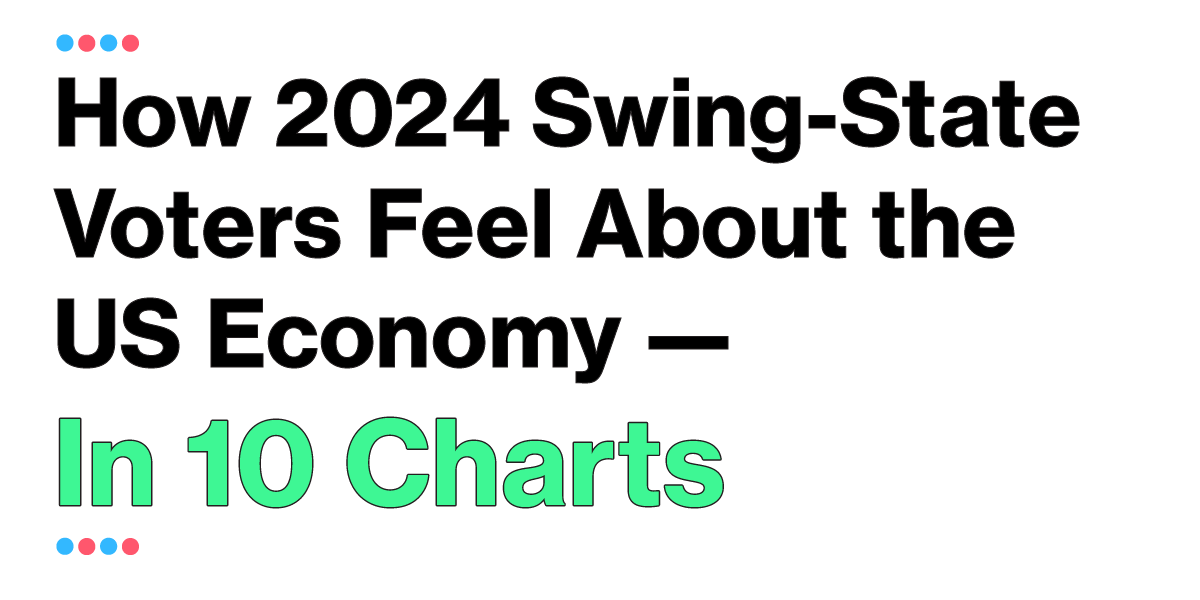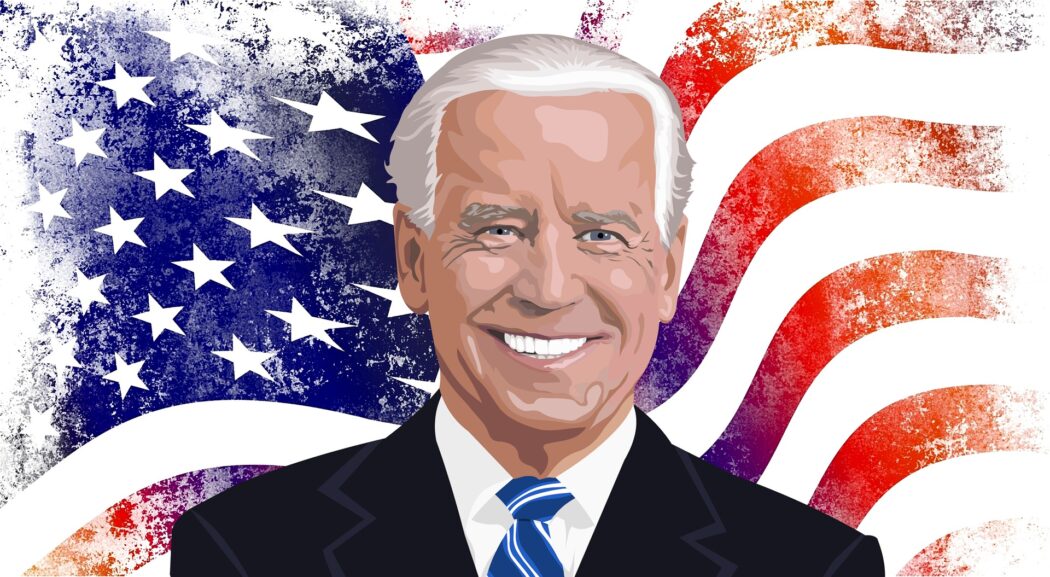The political landscape in the United States is witnessing an emerging trend: cryptocurrency users could become a significant voting bloc in the 2024 elections. A recent Crypto Council for Innovation (CCI) survey indicates that crypto voters may play a pivotal role, especially in closely contested races. This development comes amid tight polling margins in various races, suggesting a potentially transformative impact on electoral outcomes.
Crypto policy and voter preference
According to the CCI poll, Crypto voters are largely influenced by candidates’ stances on digital assets. Approximately 83% of respondents expressed a preference for candidates advocating for clear regulatory frameworks to foster growth in the cryptocurrency sector. This sentiment underscores the importance of cryptocurrency regulation in voter decision-making processes. Former U.S. Senator Cory Gardner, now a political adviser at CCI, emphasized the staying power of crypto voters and their desire for prioritized cryptocurrency regulation by Congress.
The survey, conducted in December 2023, involved 454 U.S. voters, 89% of whom viewed cryptocurrencies favorably. The key concern among these voters was inflation and the cost of living, followed by the need for clarity in cryptocurrency regulation. Interestingly, there’s a notable split in their support. While a generic Democratic candidate for Congress appears slightly more favorable, former President Donald Trump is preferred over President Joe Biden in a head-to-head matchup.
Shaping the 2024 electoral landscape
In the broader political context, both President Biden and Donald Trump are leading in polls within their respective parties. However, their potential general election face-off is anticipated to be highly competitive. Crypto voters’ preferences, thus, might be critical in such a scenario. This group’s unique position is further highlighted by the ongoing debates in Washington, where lawmakers are grappling with how to regulate the cryptocurrency industry.
Key figures such as Senate Banking Chair Sen. Sherrod Brown and Sen. Elizabeth Warren are advocating for stricter regulations, particularly concerning stablecoins and illicit finance. On the other hand, House Financial Services Committee Chair Patrick McHenry, known for his crypto-friendly stance, has announced his retirement. These developments suggest that crypto policy will be a significant factor in the 2024 elections.
Additionally, the Biden administration’s approach to cryptocurrency regulation, including actions by the Securities and Exchange Commission and the Commodity Futures Trading Commission, has been a point of contention. Former President Trump’s engagement with digital assets, including his release of NFTs, adds another layer to this evolving narrative.





